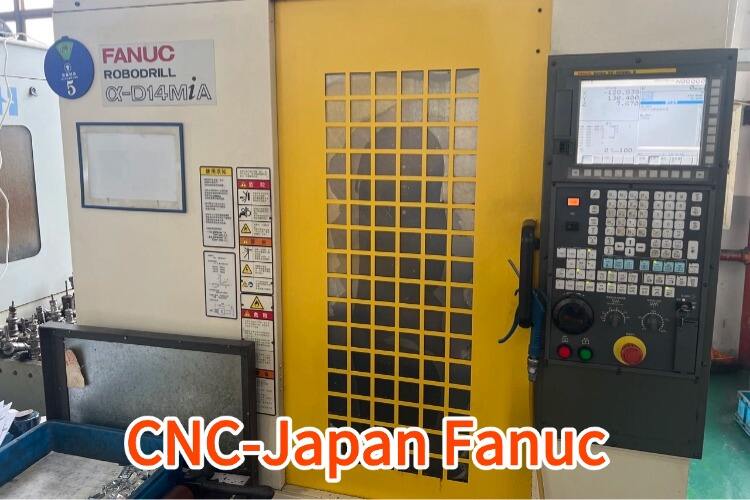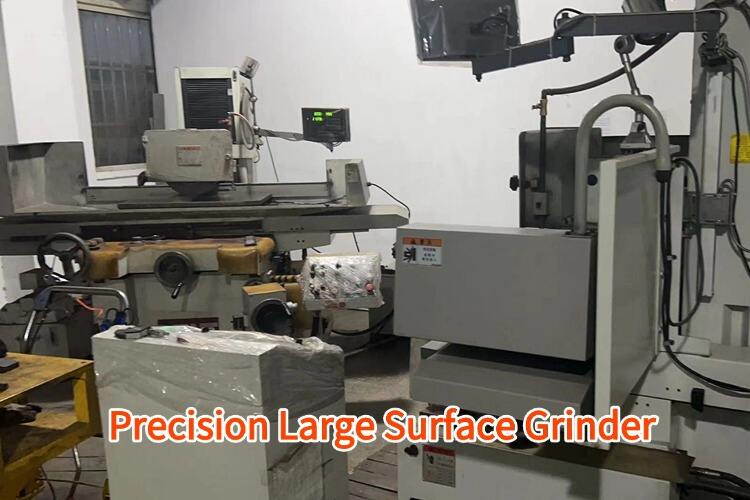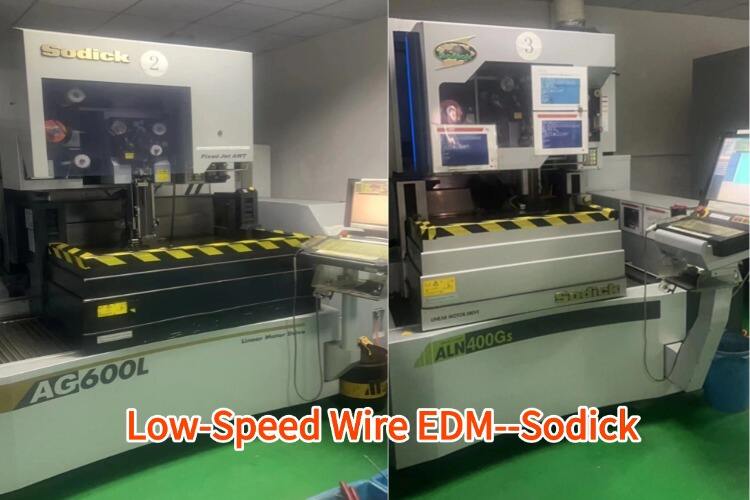custom cnc machined parts
Custom CNC machined parts represent the pinnacle of modern manufacturing precision, offering unparalleled accuracy and versatility in producing complex components. These parts are created through Computer Numerical Control technology, where sophisticated software guides cutting tools to transform raw materials into precise, custom-designed components. The process excels in maintaining tight tolerances, often achieving accuracy within 0.001 inches, making it ideal for industries requiring high-precision parts. These components can be manufactured from a wide range of materials, including metals, plastics, and composites, providing flexibility in material selection based on specific application requirements. The technology enables the production of both simple and intricate geometries, with the ability to create detailed features such as threads, slots, and complex contours. Custom CNC machined parts are essential in industries such as aerospace, automotive, medical devices, and electronics, where precision and reliability are paramount. The process offers consistent quality across production runs, whether for prototypes or large-scale manufacturing, ensuring each part meets exact specifications.


